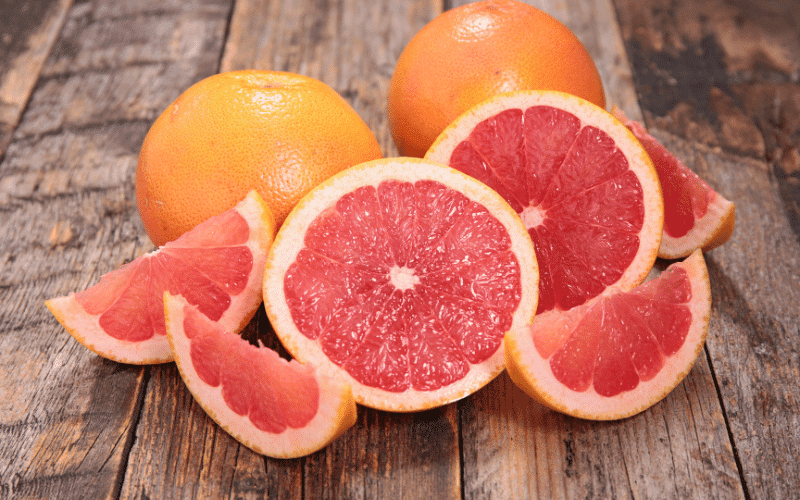Food 7: Grapefruit and Grapefruit Juice

Fruits are a cornerstone of a healthy diet, providing a wealth of vitamins, minerals, and fiber. However, for individuals living with afib, grapefruit and its juice can be a potential hazard. This seemingly harmless citrus fruit can interfere with the effectiveness of certain medications used to manage atrial fibrillation.
Grapefruit contains compounds called furanocoumarins, which can block the enzymes that break down certain medications in your body. When these enzymes are inhibited, more of the medication can enter your bloodstream, causing an overdose or leading to potentially serious side effects.
For individuals taking calcium channel blockers to manage their heart rhythm or blood pressure, consuming grapefruit can result in excessively low blood pressure (hypotension) or slow heart rates (bradycardia). Similarly, statins, used to control cholesterol levels, can reach toxic levels when combined with grapefruit, potentially causing muscle or liver damage.
Moreover, these effects aren’t limited to the period immediately after consumption. The impact of grapefruit on your medication can last for over 24 hours. Even small amounts of grapefruit can cause significant drug interactions, making it a tricky fruit for those with afib.
It’s important to remember, however, that not all medications are affected by grapefruit. If you enjoy this fruit or its juice, there’s no need to eliminate it from your diet without consulting with your healthcare provider. The key here is open communication about your diet with your healthcare provider to ensure the efficacy and safety of your medication regimen. (7)